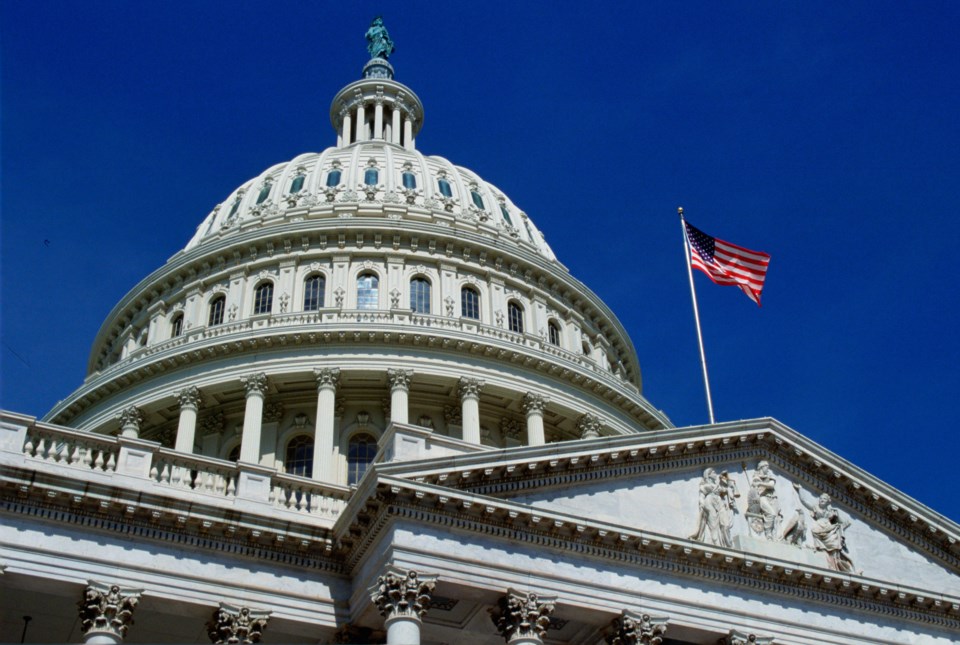As I write this, a week has passed and the United States election is still to be decided.
Some things are clear. The Democrats will maintain control of the Senate with either 50 or 51 seats. With 50 seats, any vote ending in a tie will see Vice President Kamala Harris providing the tie-breaker vote and the bill will pass. This will allow President Joe Biden to continue with some of his agenda.
The situation looks a little rosier if the Democrats eventually win in Georgia. With 51 seats, a single Democrat hold out – such as Joe Manchin or Krysten Sinema – won’t be able to block progress on a bill. But all bills will still require the support of the two independent senators, so everything is not totally clear sailing.
The House of Representatives is still up in the air. The path for the Democrats appears to be a slim hope at best but if the Republicans take control, the lead will be a narrow one at best. This will put pressure on the house leaders to ensure all of their caucus votes and they hold the party line. And in U.S. politics, neither of those are a given. Members mostly vote with their party but not always.
At the state level, it looks like the governors will be split fairly evenly between the two parties. This pretty much ensures there will be no attempts to amend the constitution, as suggested by the former president.
On the whole, the Democrats are delighted they didn’t do worse and the Republicans are angry because they didn’t do better.
Why does any of this matter?
While I would argue the United States, as an economy, is a “dead man walking,” it is still the largest economy in the world. What happens south of the border affects everyone else. Canada, their largest trading partner by far, is perhaps most affected by their policies and decisions. Our economies are joined at the hip.
When the American dollar is strong against the rest of the world – which invariably happens during times of turmoil and crisis – we literally pay for it.
Or as former Treasury Secretary John Connally bluntly put it: “It’s our dollar but your problem.”
Todd Whitcombe is a chemistry professor at UNBC.



